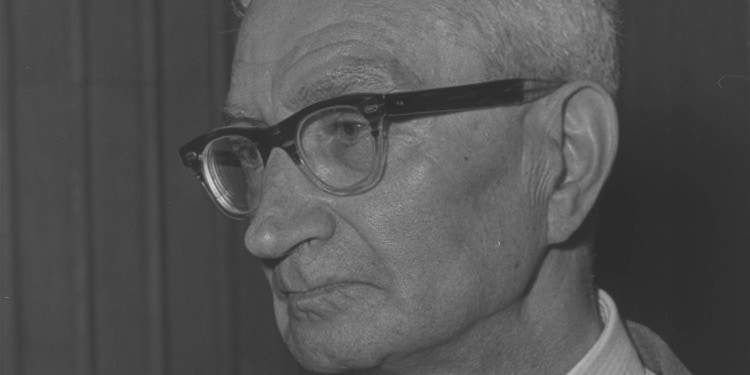Israelis You Should Know: Haim Hazaz
The Fellowship | January 27, 2017

Lived: September 16, 1898 – March 24, 1973
Known for: A beloved Israeli novelist
Why you should know him: Haim Hazaz was born to a Jewish family in a small village in the Russian Empire. Like many Russian Jews of this period, he witnessed pogroms, which played a role in the work of writers of the generation. Before making aliyah (immigrating) to the Holy Land and settling in Jerusalem in 1931, Hazaz lived in many European metropolises, including Paris, Berlin, Moscow, Kiev, and Constantinople. But once Hazaz settled in the Holy City, it would be his home for the rest of his productive life.
Hazaz was first published in 1918, and his stories gained recognition throughout the 1920s. Many of his novels had his early homeland of Russia as the backdrop, including his first, which told the story of a Jewish family in Ukraine during the Russo-Japanese War shortly after the turn of the century.
For his life’s work, Hazaz was awarded the Israel Prize in 1953, the first year the award was given out. He and his wife, the poet Yocheved Bat-Miriam, lost their only son Nahum when he was killed in 1948, fighting for their true homeland’s independence. Because of all he gave the people of Israel, Haim Hazaz will be remembered as one of the nation’s most important artists.
From Hazaz’s short story, “The Sermon,” we get a picture of his Israel and the Jewish people:
“They have been, most of the time, objects of history. Their history is that of the nations in the midst of which they have lived. THeir history has been made for them by others; it is imposed upon them. It is all passivity. And, thus, one reaches the conclusion that the Jews are not really a nation. Only now, in the State of Israel, are they made into a nation.”
